You’ve chosen your dream venue, locked in the catering, and your Pinterest board is finally coming to life. To the outside world, everything looks like a fairy tale in motion, but beneath the perfectly curated surface, you find yourself holding back. Conversations that matter, about money, families, expectations, or your fears, are either being delayed or brushed under the embroidered carpet. Why? Because you don’t want to rock the boat when it’s supposed to be sailing into marital bliss.
But avoiding real conversations now won’t make them disappear later. Here are five signs you might be dodging emotional heavy-lifting and why it’s worth facing these talks before the wedding bells ring.
You’re talking a lot about logistics, but not about feelings
It’s easy to get lost in the maze of menus, seating charts, and floral arrangements. You’re talking for hours every day, but mostly about vendor quotes and table runners. The real stuff like how you’re feeling about this big transition, how your dynamic is shifting, and what marriage means to each of you, gets left unsaid. “Make sure to enjoy the moment and don’ t get caught up in the details otherwise you’ ll only get stressed, and make sure to have helpful people around you during the process. No matter how much you plan, something will inevitably not go to plan. Remember that from the beginning so if something does go wrong, you know you’ve just gotta enjoy your day – the problems will
sort themselves out (or your family will sort it out for you)” says a Khush real bride, Annam Ahmad.
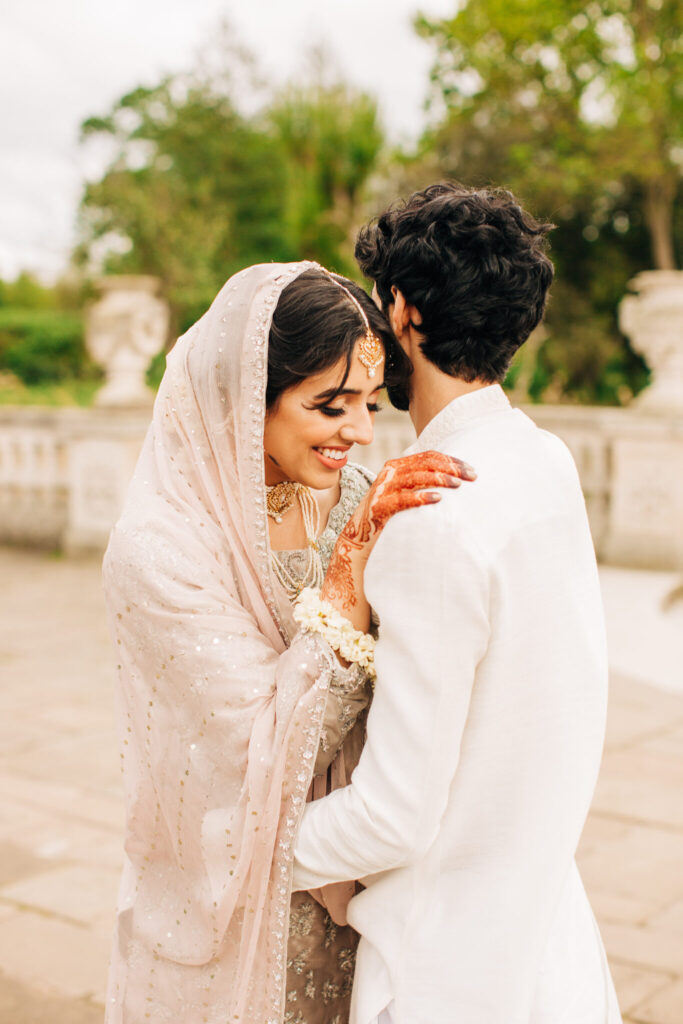
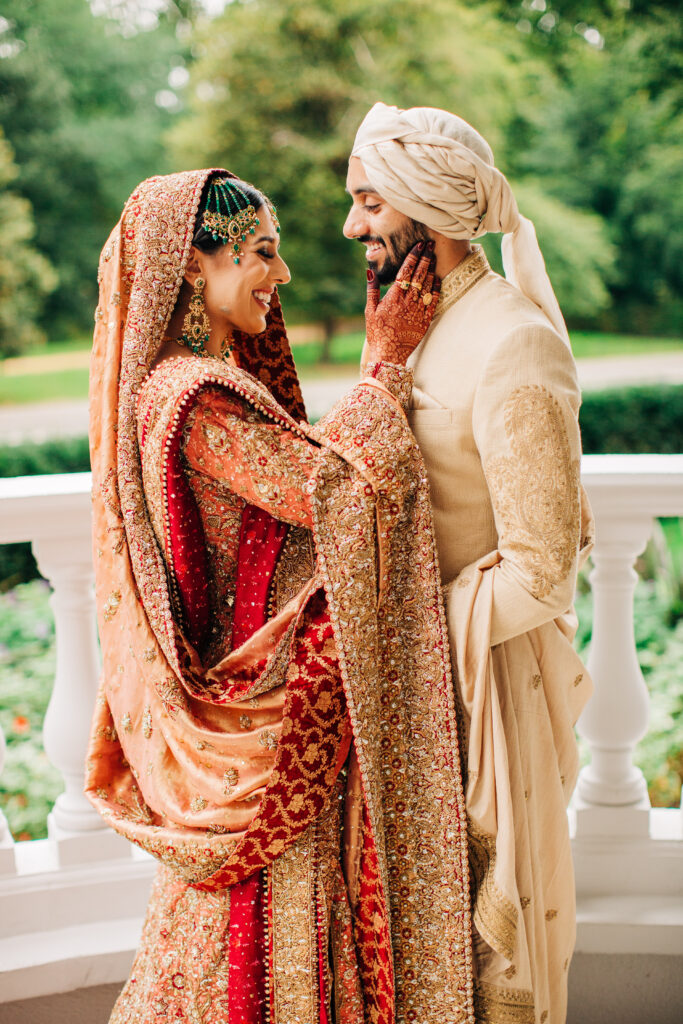
Wedding producer Riya Sharma reflects on her own wedding from two years ago. “I was so wrapped up in the planning, I didn’t realise my partner and I hadn’t spoken honestly about how overwhelmed we were. We were both putting on a brave face because we thought talking about our anxieties might ruin the excitement. But looking back, I wish we’d paused and just had a few honest conversations. It would’ve made us feel like more of a team.”
That’s the thing; logistics are tangible and easy to control. Emotions? Not so much. But it’s the emotional check-ins that lay the foundation for a strong partnership.
You’re agreeing too easily, even when something bothers you
When your partner suggests a beach wedding even though you’ve always imagined a mountain backdrop, and you nod with a half-hearted smile, that’s not compromise, that’s suppression. If you find yourself saying “yes” just to keep the peace, you might be more afraid of conflict than you realise.
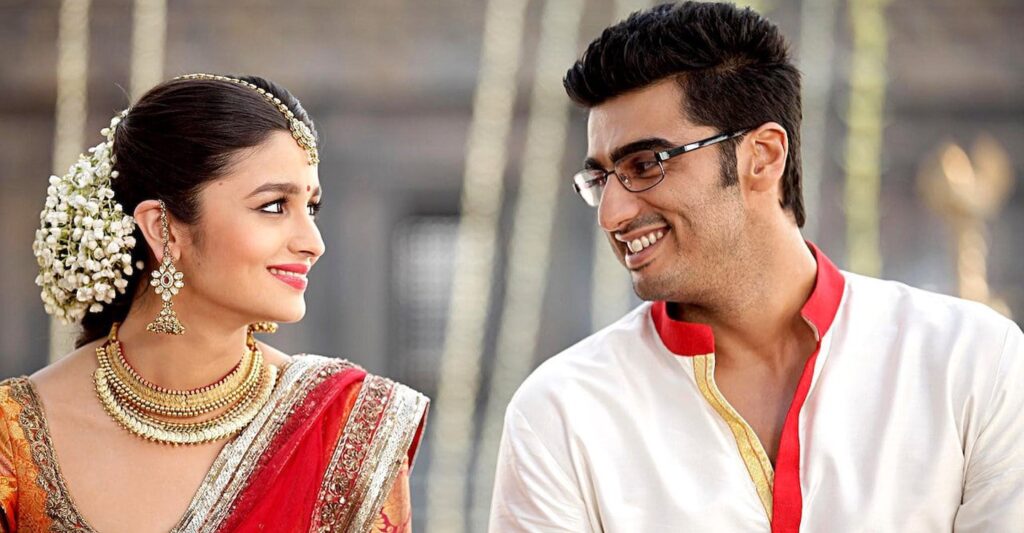
Dr. Shikha, a Pune-based psychologist who works with couples, says, “Avoiding disagreement is often rooted in a deep-seated fear of rejection. You worry that if you express something that might upset your partner, they’ll withdraw or the harmony will break. But suppressing your needs can create resentment that simmers silently, and eventually boils over.” It’s a dynamic that plays out all too clearly in 2 States, the Bollywood film that follows a couple navigating their inter-cultural relationship. Instead of addressing the friction head-on, they avoid talking about their parents’ disapproval until things spiral out of control. Real resolution only comes when they finally stop pretending everything is fine and start having the conversations they’ve been avoiding.
You’re using humour or deflection to dodge serious topics
Laughter is a beautiful bonding tool. But if every time you bring up the topic of in-laws or shared finances, one of you cracks a joke or changes the subject, it may be a sign of emotional avoidance. Joking about how your parents are going to “drive you both mad during the wedding” might lighten the mood temporarily, but it won’t help you navigate actual challenges that could arise from clashing family expectations.

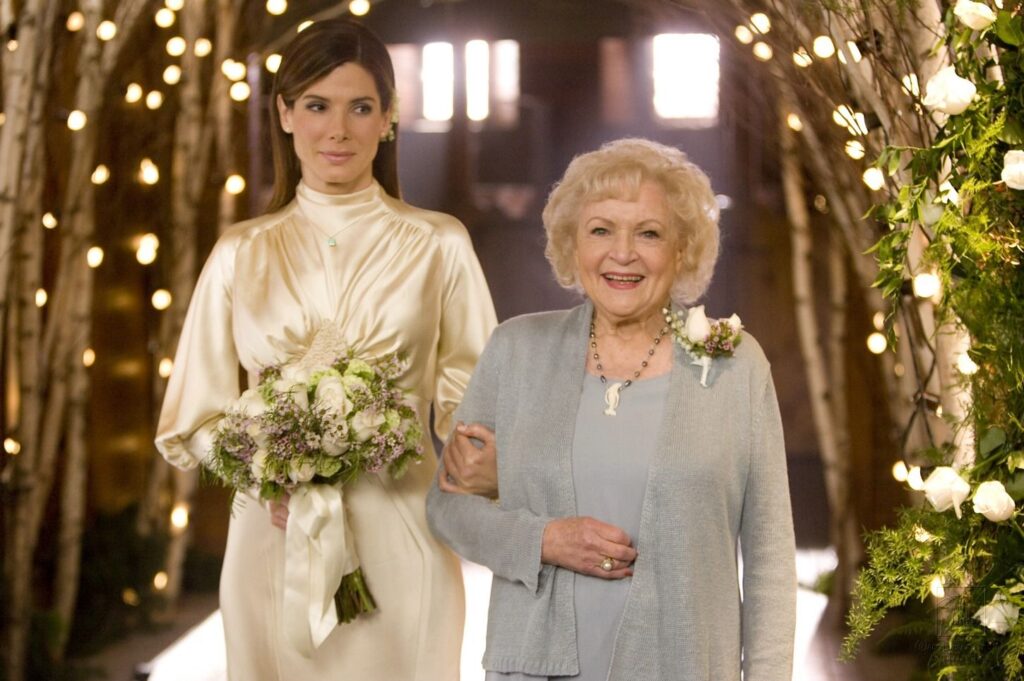
As Riya says, “My partner and I would laugh off everything—guest list drama, budget issues, even fights we had. Humour helped us cope, but it also became a crutch. We were so focused on staying cheerful that we delayed real conversations that needed to happen.” And we’ve seen this on-screen too, in The Proposal, the Hollywood rom-com where Sandra Bullock and Ryan Reynolds fake an engagement. While there’s plenty of witty banter, the emotional honesty doesn’t surface until things fall apart. It’s only when they finally confront their real fears and vulnerabilities that they begin to form a genuine connection.
You’re overloading yourself with wedding tasks to stay busy
When you’ve got back-to-back food tastings, lehenga appointments, and late-night Pinterest scrolling sessions, it’s easy to say, “We’ll talk about the serious stuff later.” But busyness can be a smokescreen for avoidance.
Dr. Shikha explains, “Couples often overcommit to the wedding process as a way to stay distracted from the emotional work of becoming a married couple. It feels productive, but underneath it all is anxiety about deeper issues—finances, trust, or long-term expectations.” If you find yourself panicking over font choices but haven’t talked about whether you both want kids, it might be time to reassess where your energy is going.
You’re relying on others to handle hard conversations
Maybe your mom is the one breaking the news to your partner that their cousin can’t bring a plus-one. Or maybe your wedding planner is delicately negotiating the décor decisions between you and your future in-laws. If you’re outsourcing difficult conversations, it may be a sign that you’re avoiding direct communication. It’s tempting to delegate tricky talks to someone else, but there’s no substitute for speaking to your partner yourself. Whether it’s a small thing like music choices or something bigger like managing expectations, being honest builds trust.
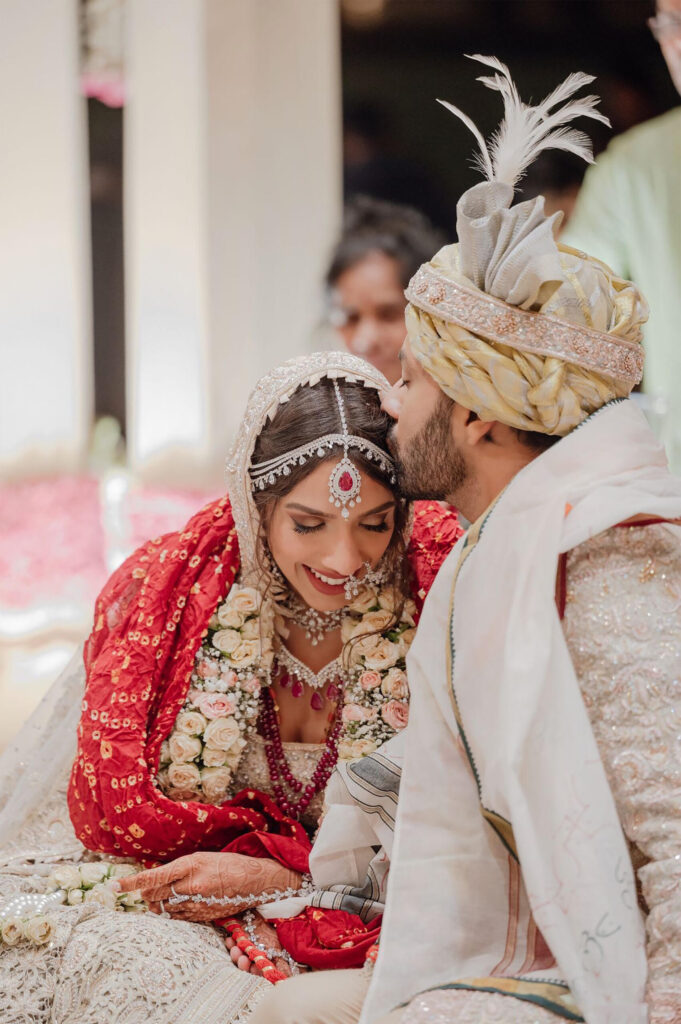
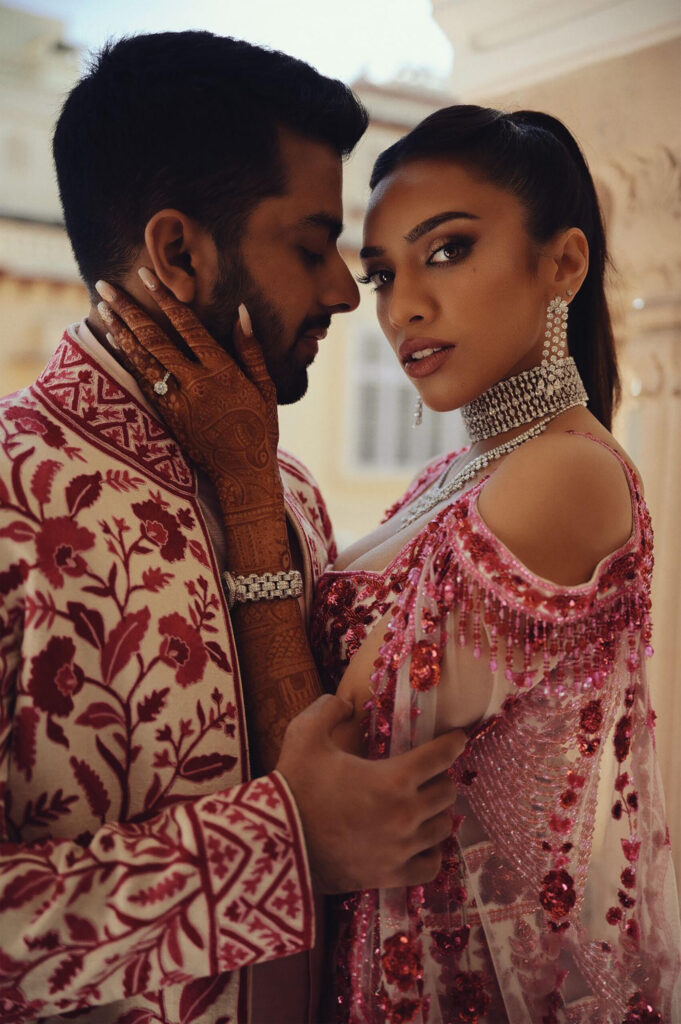
“It’s always important to listen to each other, both opinions are equally important and valid and it’s important to be a team in planning an event like this. Honestly, I find that sometimes you just have to take things as they come and take a moment to breathe. Things can feel hectic during the time of your wedding, but realising that regardless of how things pan out, in the big picture if the flowers aren’t exactly the way you wanted them, it won’t matter – it will still be the best day of your life, because of who will be standing in front of you and around you”, says Raveena Mehta, a real bride of Khush.
Why do we do this?
Dr. Shikha offers a deeper insight: “At the heart of this avoidance is fear. Fear of conflict, fear of rejection, and fear of making something that’s supposed to be ‘perfect’ feel messy. But a wedding isn’t the end goal; a marriage is. And marriage thrives on honesty, not avoidance.”
So what can you do?
Start small. You don’t have to dive into everything at once. Pick one topic you’ve been avoiding and talk about it.
Be intentional. Carve out time not just for planning, but for emotional check-ins.
Make space for discomfort. Some conversations won’t be easy, but they’re necessary.
Seek help. Whether it’s a therapist or a trusted confidant, don’t be afraid to ask for guidance.
Before you say yes to the lehenga, the playlist, or the venue, say yes to the messy, beautiful, sometimes difficult conversations that define real intimacy. Because the best love stories, the ones that last, aren’t made up of perfect moments but of imperfect ones handled with honesty, grace, and courage.
So go ahead. Rock the boat a little, you just might find steadier ground on the other side.













